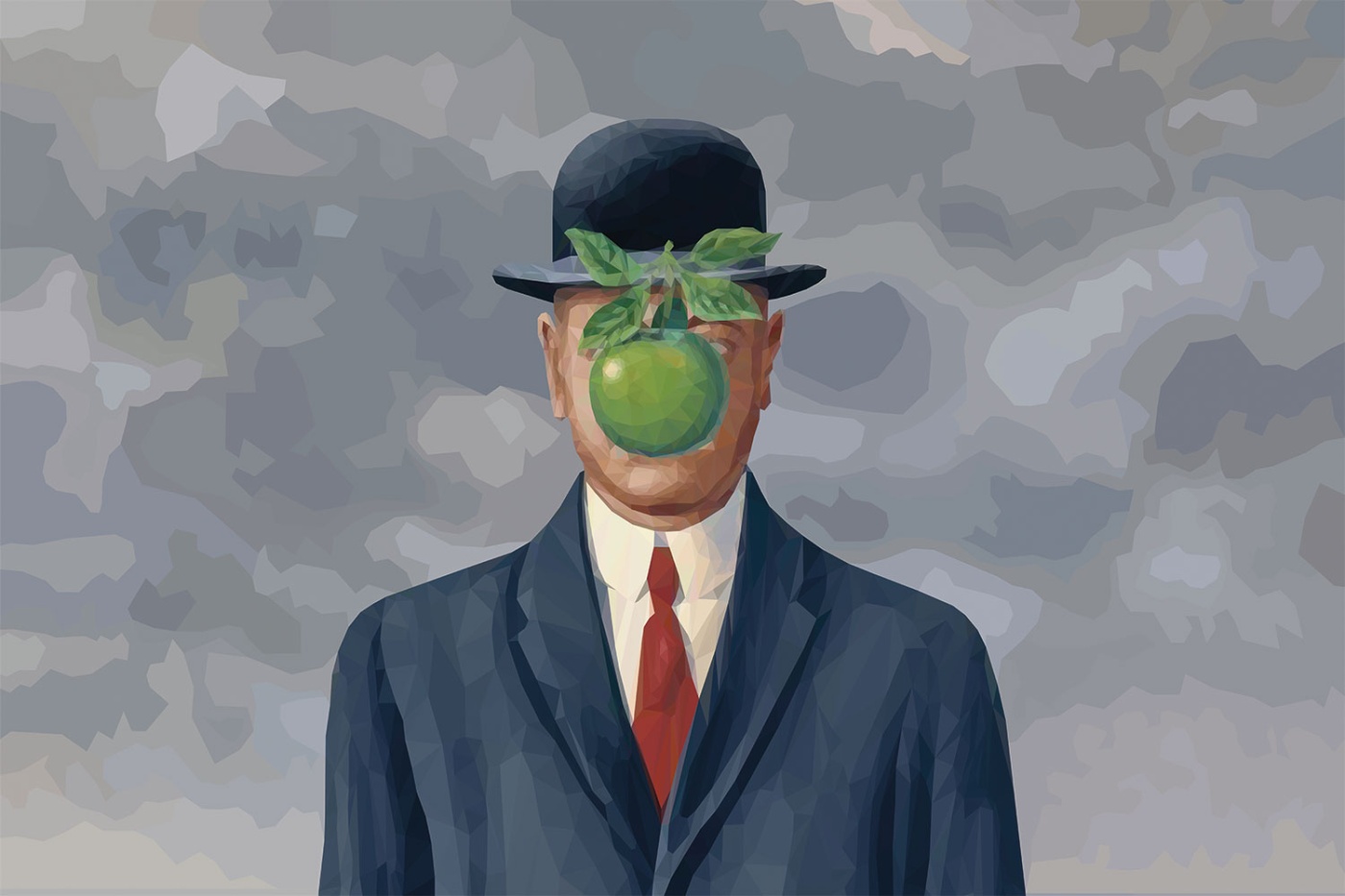Hiring New Employees? Here Are the Top Workplace Personality Tests.
Relying on someone’s experience, expertise and academic qualifications isn’t enough when it comes to recruitment these days. In fact, many companies like Deloitte, Citigroup and GIC administer personality tests to assess if the applicant is a suitable fit for the organisation because it is an indication of their working style, core values and motives. It is also a good way to weed out the uncommitted. Here are six personality tests used by employers.
The Myers-Briggs Type Indicator
Psychologist Carl Jung believed that humans were shaped by four psychological functions: sensation, intuition, feeling and thinking. According to him, individuals differed in the way they used their perception and judgement. Based on this belief, Katharine Cook Briggs and her daughter Isabel Briggs Myers first introduced the Myers-Briggs Type Indicator in 1943.
After answering 93 questions, the candidate will be placed in one of the 16 personality types—each with its own strengths and weaknesses. Benefits of the MBTI? It gives you an overview of the personality types that don’t clash, and how your team’s strengths and weaknesses can complement one another to work effectively. Several Fortune 100 companies employ this test during their recruitment process.
The Enneagram Test
The Enneagram Test provides valuable insights into how potential candidates manage their work, deal with conflict and take responsibility. Additionally, it offers suggestions on how to communicate with the other enneagram types. Evolving from the theories of Bolivian philosopher Oscar Ichazo and writer Claudio Naranjo, (who studied self-realisation under him) the test profiles nine different personality types, and zeroes in on one’s core emotional motivations and fears. This year, Shopify made a bold move by encouraging employees to take the test and post their results for co-workers to analyse.
The DISC Assessment
The DiSC personality profile was designed by Walter Clark in 1940 to test for four main behavioural styles: dominance, influence, steadiness, and conscientiousness. Candidates answer 28 questions which will determine their priorities, motivators, preferences and stressors. They are required to choose a word (from each question) that most accurately represents them (and the one that is the least). There are 12 main personality types, each with its own distinctive traits.
Overall, the test is a great tool to adapt your management style based on the needs of employees. On top of that, it can improve communication in the workplace, boost team performance and enhance relationships.
Minnesota Multiphasic Personality Inventory
Invented in 1939 by Hathaway and McKinley, this test is widely used as a clinical assessment tool by mental health professionals to diagnose mental health disorders. Apart from clinics and hospitals, the test can be utilised in pre-employment screenings. Personalities and psychopathology are analysed across ten scales encompassing depression, paranoia, hypochondriasis, hysteria, social introversion and more. It can also help to determine the psychological stability of people in high-risk jobs, like pilots and military personnel.
The SHL Occupational Personality Questionnaire
The SHL’s Occupational Personality Questionnaire assesses whether a candidate’s fit for the role and his or her future performance. This test was derived after 40 years of assessments, based on a proprietary UCF College of Sciences data research. Candidates answer a total of 104 questions, indicating which best and least describes them and a total of 32 characteristics are evaluated. At the end of the test, employers are given an extensive report which makes it easy to weigh all the applicants. For example, it identifies the domain of Universal Competency Framework they excel in, and where they are lacking.
Organisations looking to reduce bias in their hiring process and boost staff retention in long run may consider using it, since it is a highly renowned psychometric test.
Hogan Personality Inventory
The Hogan Personality Inventory (HPI) measures a candidate’s bright-side personality traits when they are at their most open and compassionate. Created in 1980, this test focuses on key behavioural tendencies like adjustment, sociability and foresight. It features 206 questions and has been taken worldwide by countless job seekers.
HPI is useful, as the results will show you if adopting a hands-on management approach is more effective or if the candidate functions better with minimal supervision. With this knowledge, you can create training programmes and tailor your communications style to bring out the best in your employees.


